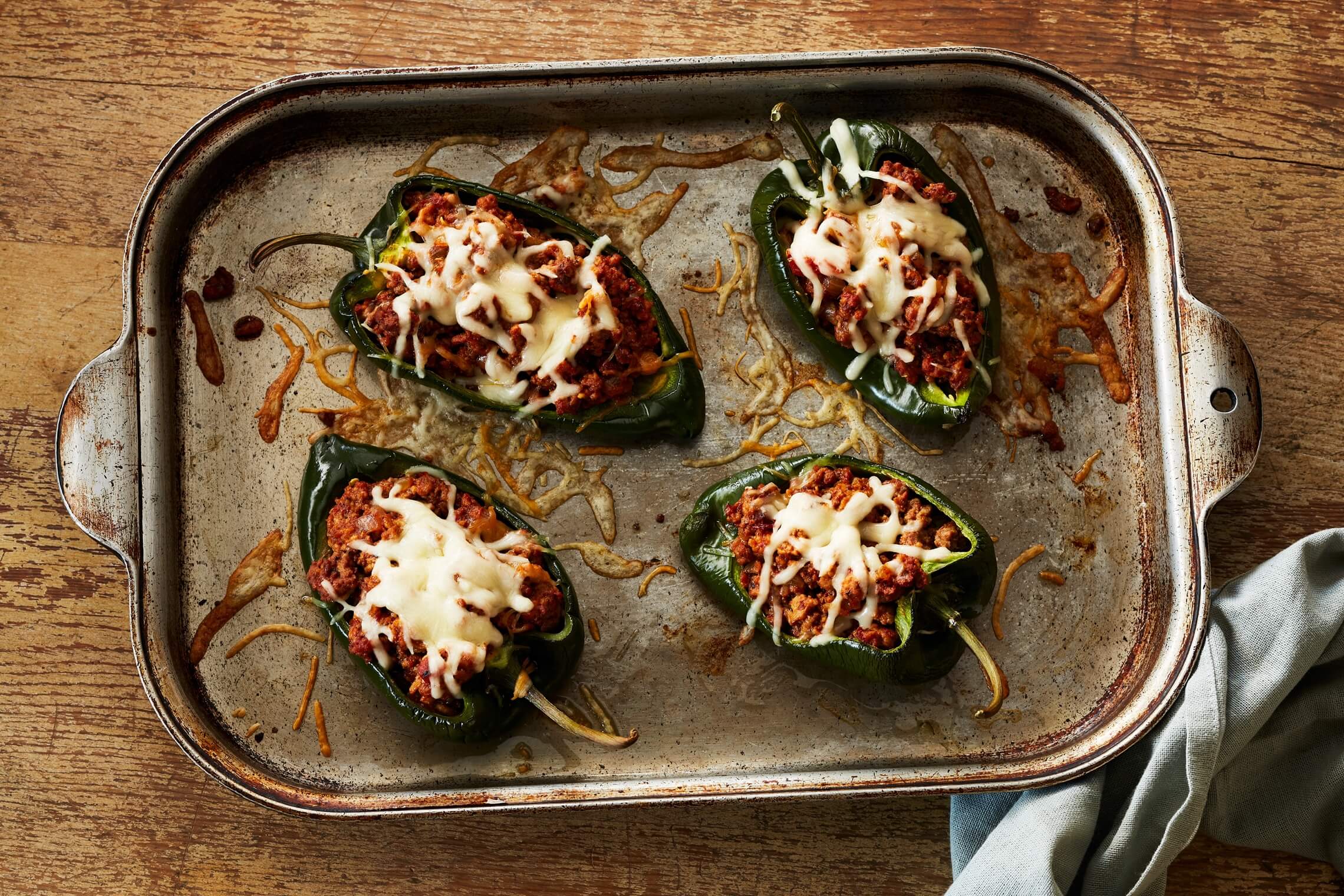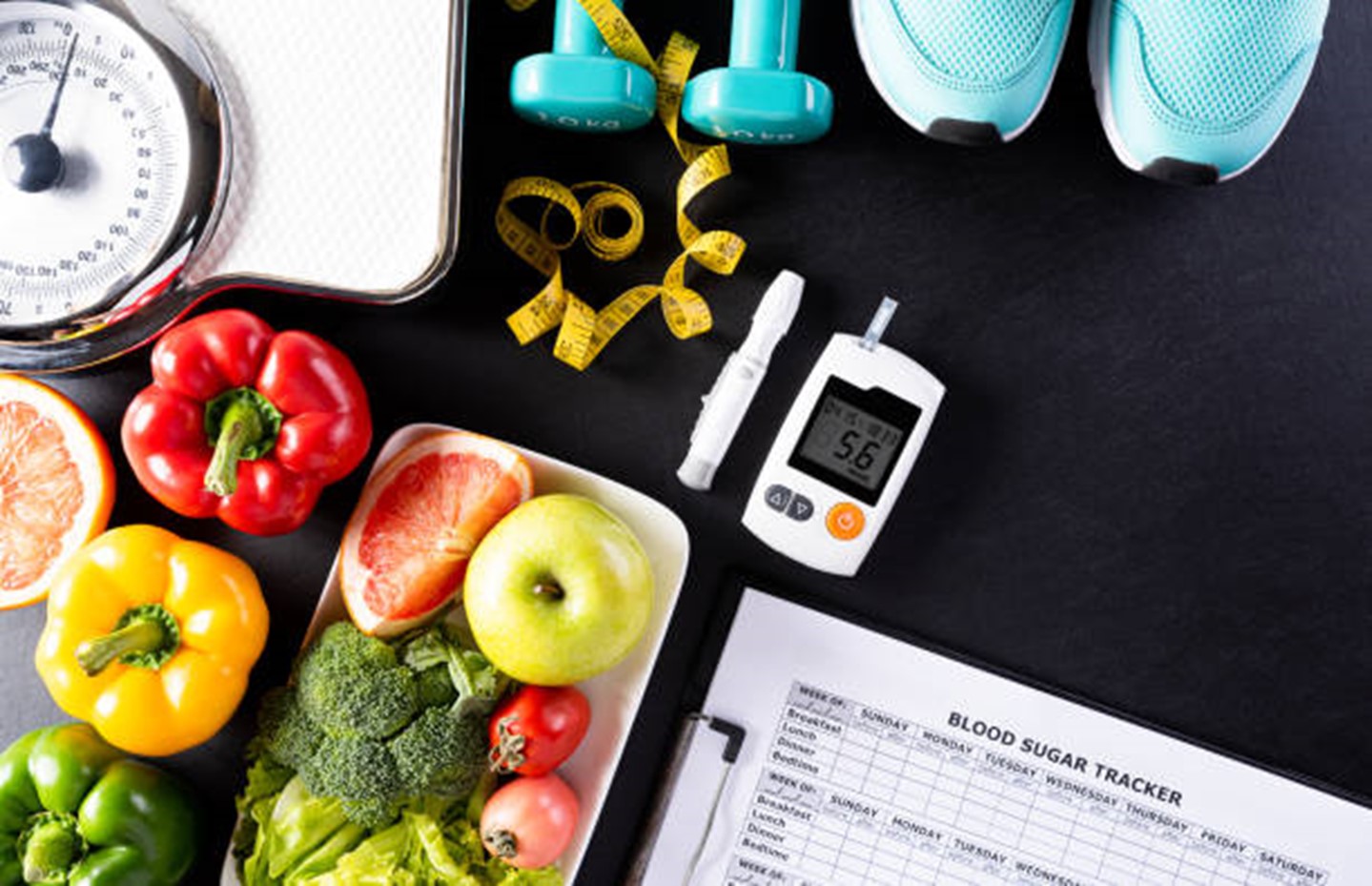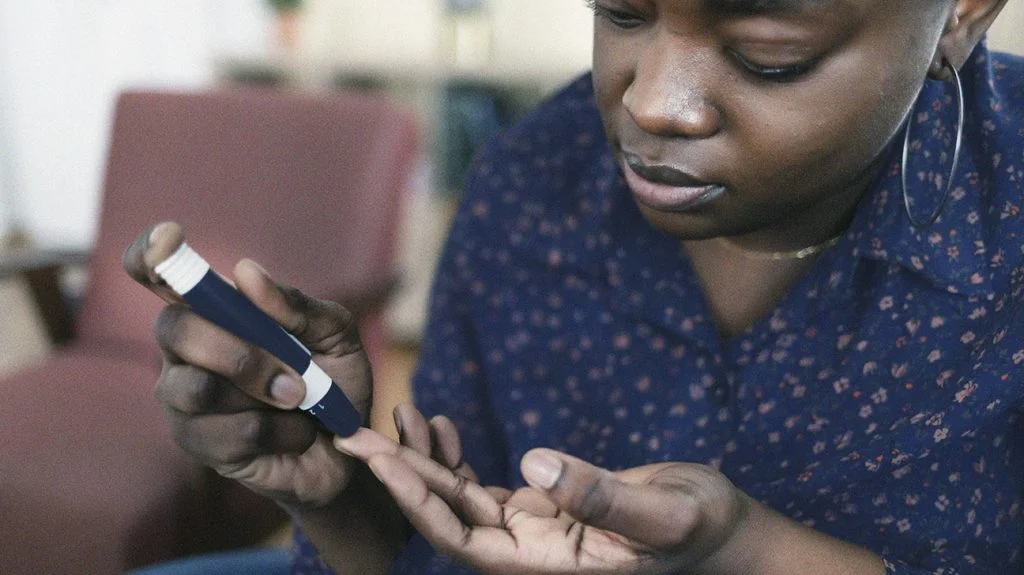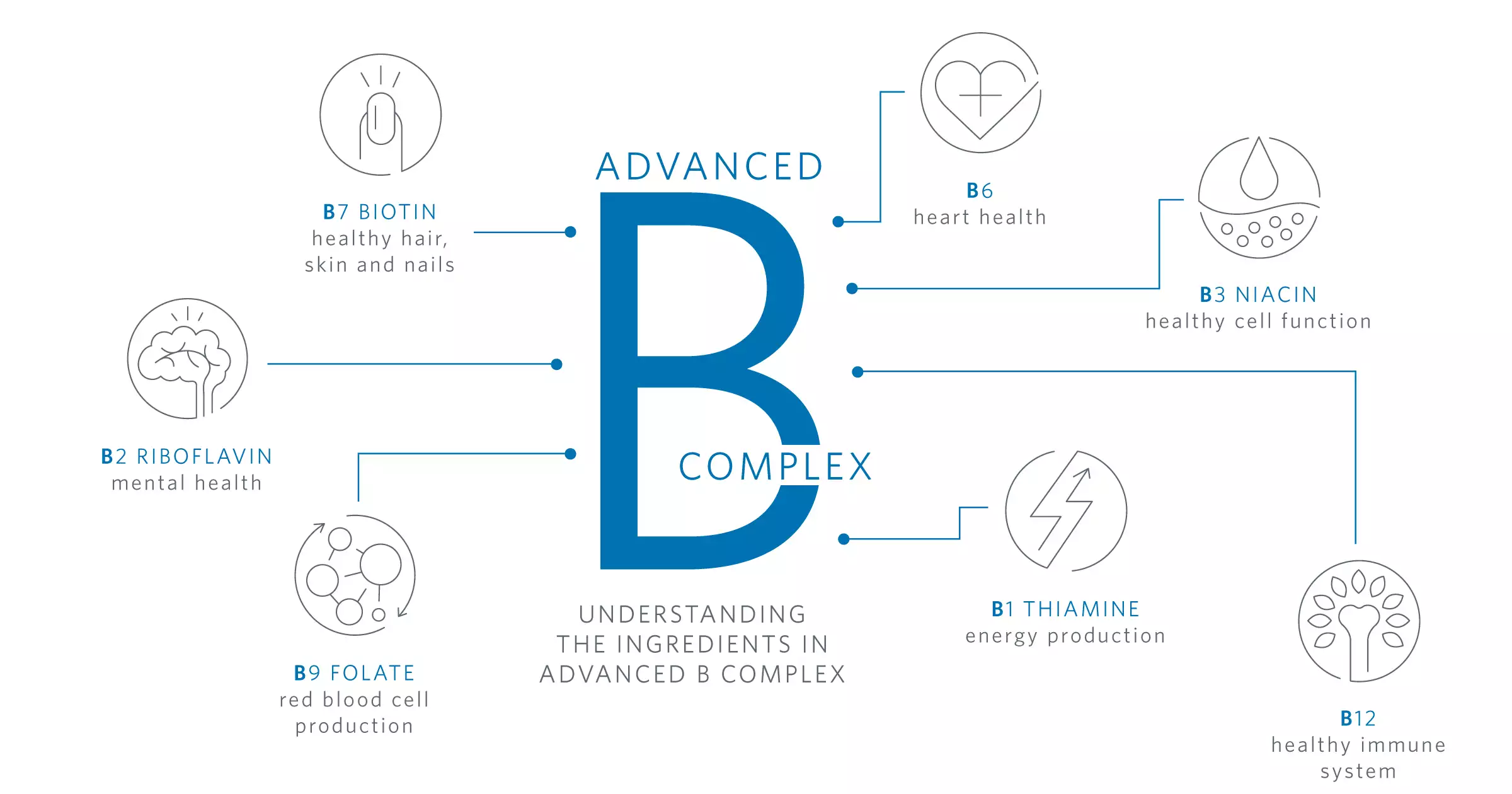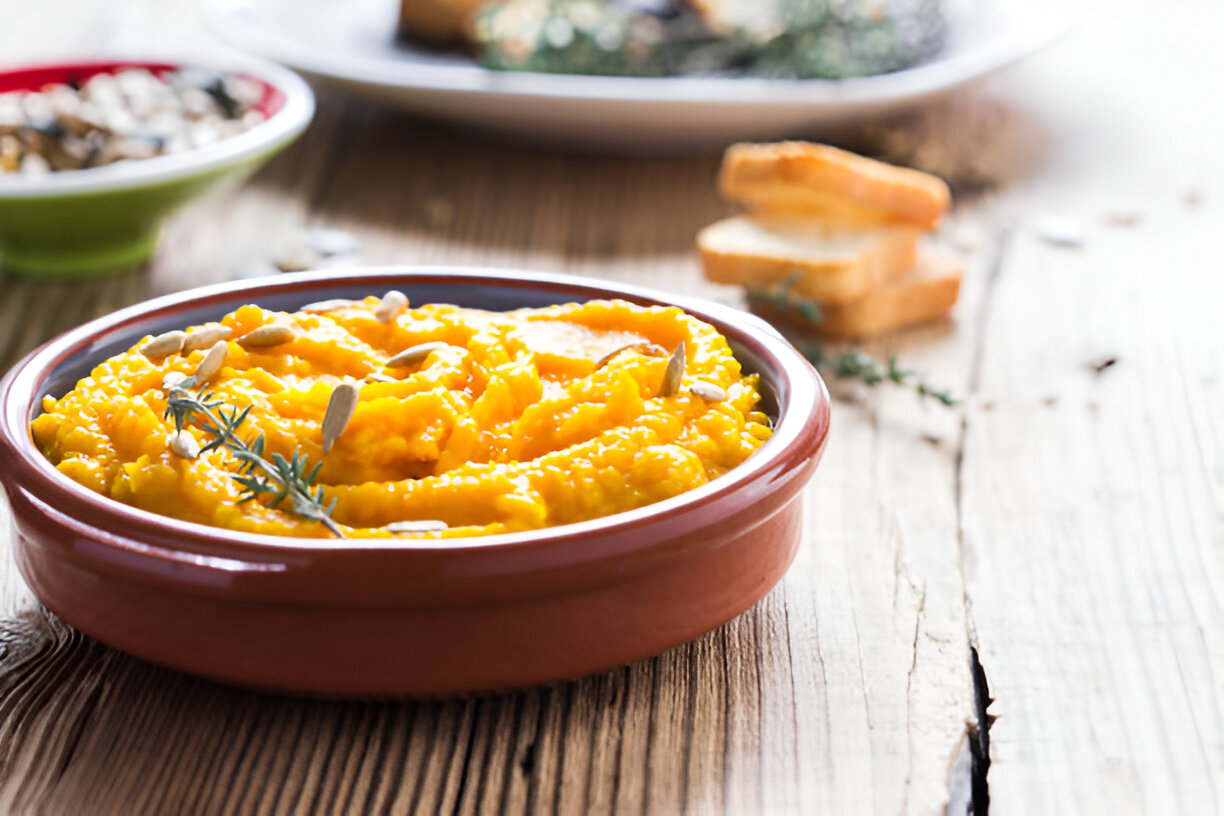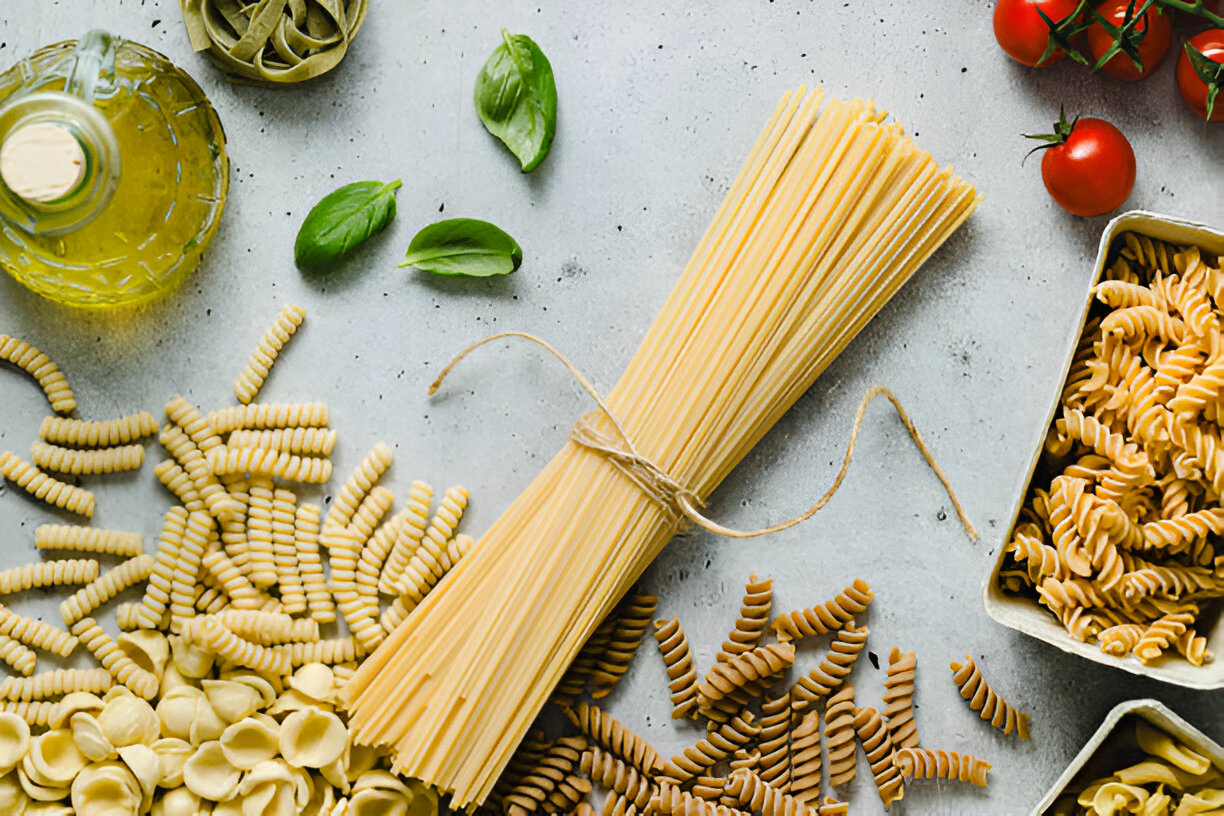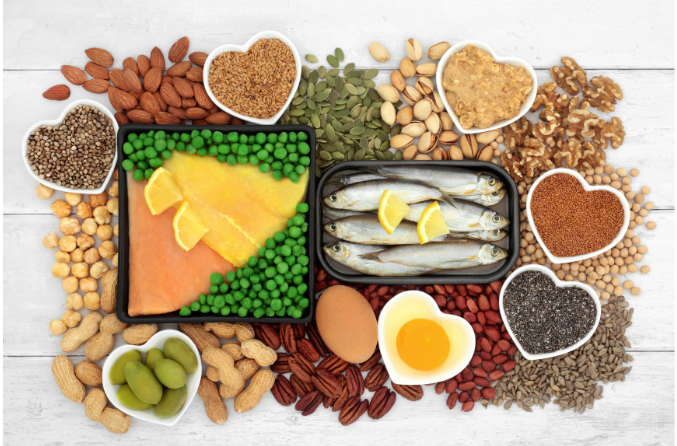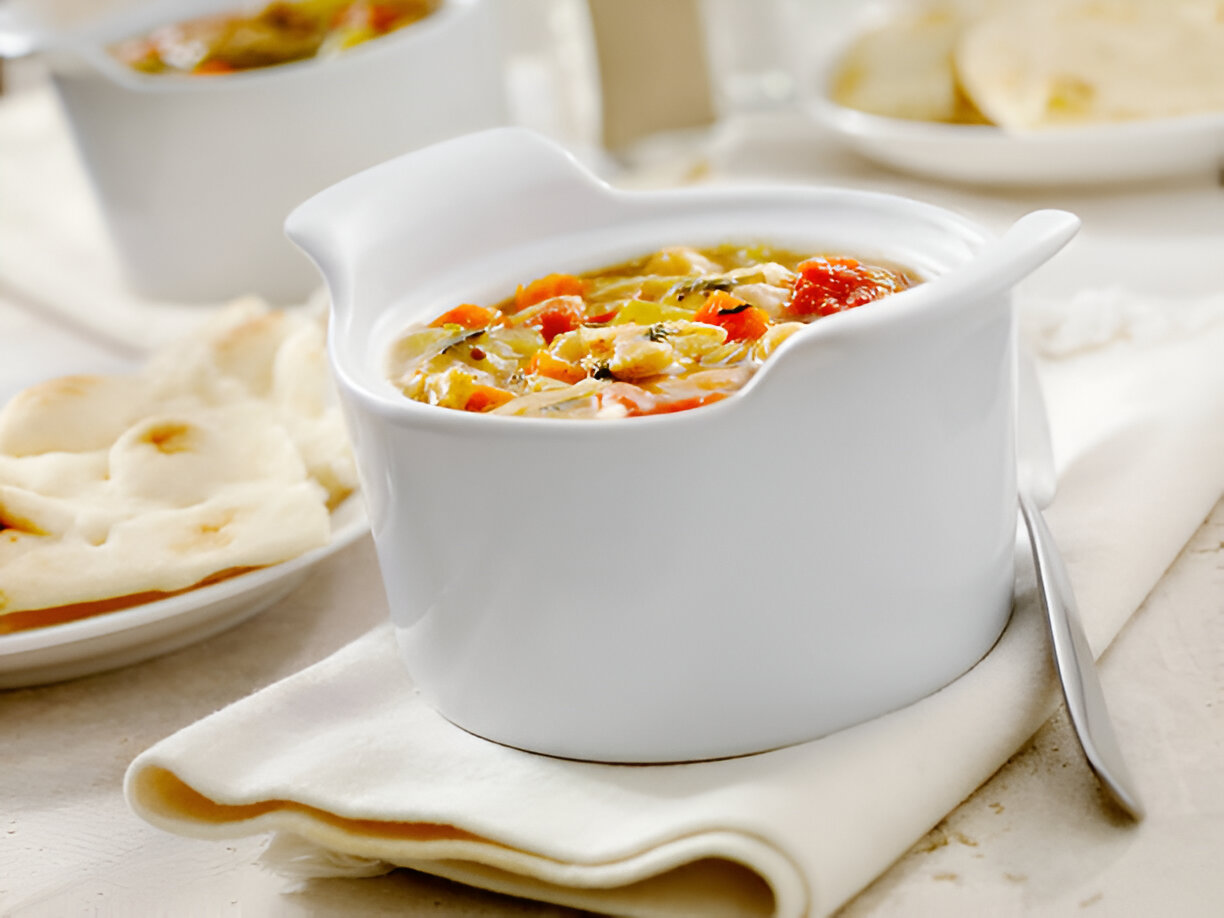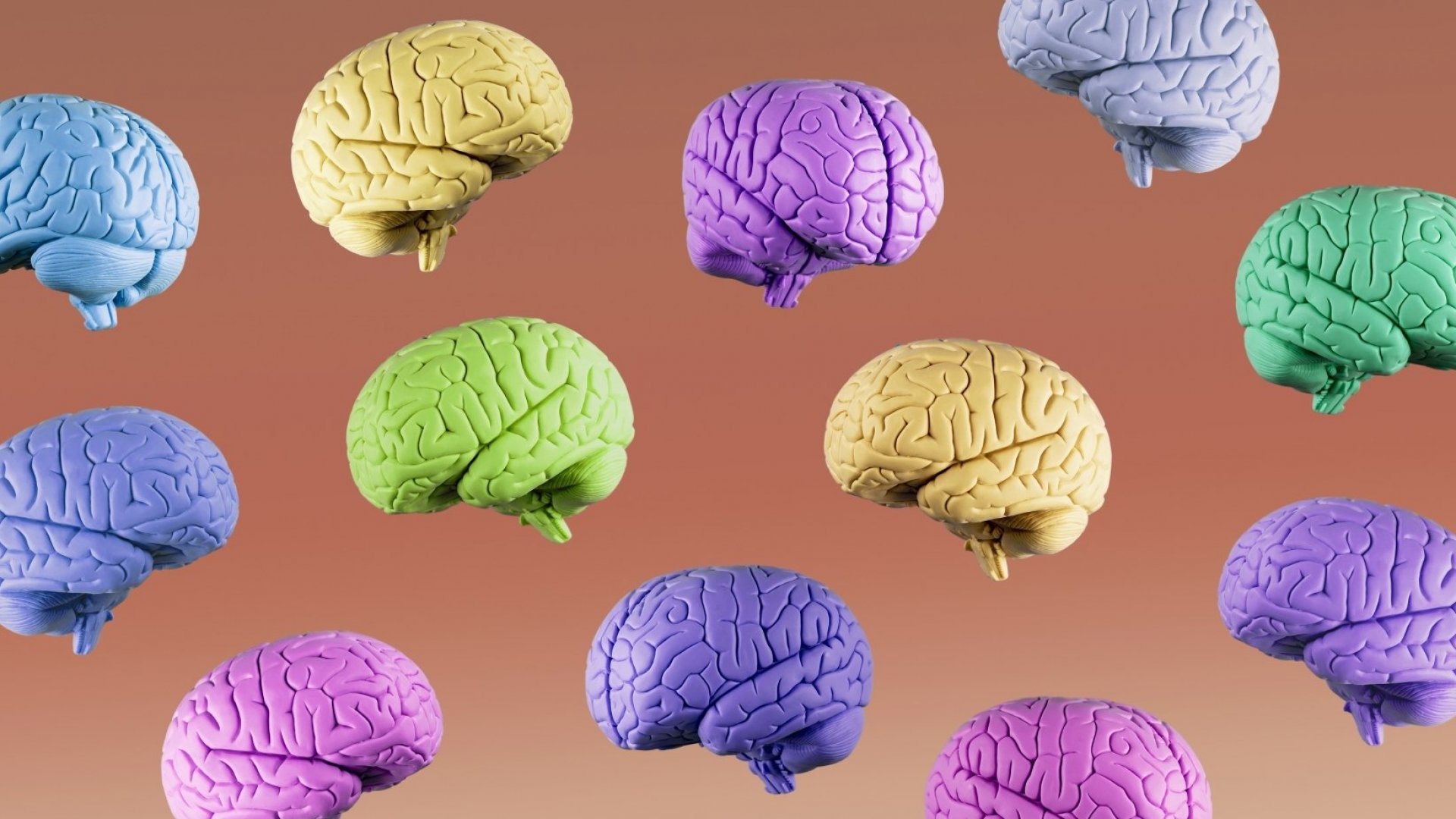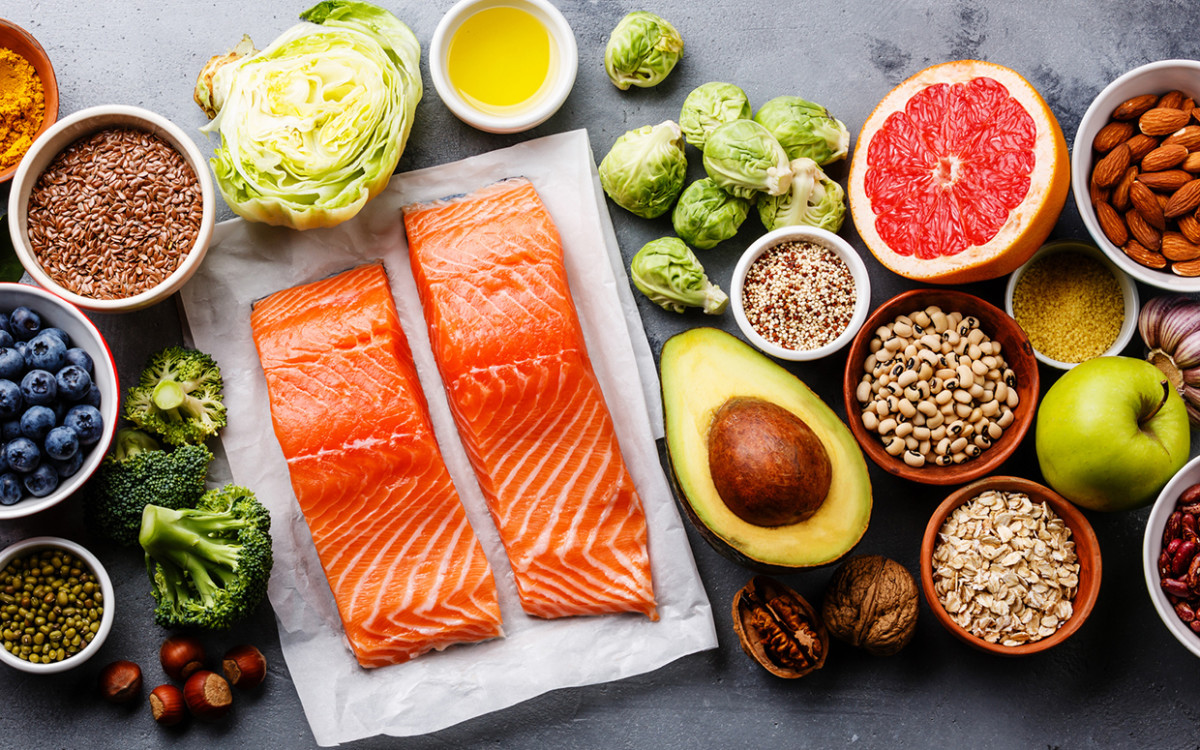
I had just come in from running when my sister Laura called. I was euphoric, having finally finished the last training run for the marathon we were doing in Philadelphia that Sunday with our sister Claire.
But before I could tell Laura how good I was feeling, she shared news of her own: Our brother Paul, the second oldest of seven kids, had died that morning.
This made absolutely no sense (a dead brother?) and all the sense in the world (of course he died — he treated his body like a junkyard).
Though I felt a little pebble of grief drop into my gut, I knew I wasn’t grieving for me. I was grieving for my parents, who had just lost a son. I looked at my 16-month-old, Max, giggling at the armadillo in his ABC book. My mom had just lost that.
Sorting Through My Emotions
Deciphering what Paul’s death meant was complicated, because I didn’t know him. There was a 15-year age difference between us, but the distance was more than that.
His relationship to the entire family was like that children’s song: One of these things is not like the others.
He was a difficult kid with a nasty temper; he defied authority, and when trouble caught up with him, he blamed everyone else. By the time he was in high school, he refused to do any work and dropped out sophomore year.
Claire and Laura bore the brunt of his meanness: He called them “lard-butts” and pushed them around (literally — he once pushed Laura down the steps). He needed things to revolve around him, but that wasn’t possible in a family of seven, where patience and attention were already stretched to the limit. He took the path of drinking, drugs, and vandalism.
I’m sure part of that was just teen rebellion. But I also think Paul felt, in some way, that he had never belonged.
Later in life, my mom would invite him for holidays, and he’d say, “Yeah, maybe I’ll stop by.” But we knew he wouldn’t.
In the last two years of his life, I saw him exactly twice. By that point I barely knew him anymore. And now I never would, because his addictions and unhealthy lifestyle had led to his death at 49.
The funeral was set for Saturday. The thought of missing the marathon crushed me. I was angry with Paul because this all just felt so typical of him. I also felt guilty for thinking of myself.
But how could I not? I’d been training for 18 weeks, fighting glycogen depletion, sore knees, and throbbing quads. I’d done two marathons before, but this was my post-baby, I’ve-got-something-to-prove one. I’d devised cruel training runs full of long uphill finishes. I’d sacrificed sleep and time with my family.
My body needed to run a marathon. But it also needed to grieve.
A Quick Change of Plans
In the kitchen where we’d grown up, my siblings and I brainstormed stories for Paul’s eulogy and looked through photo albums to make collages of him for the service. All we could cobble together were 33 pictures.
I said to Laura, “You know what? We should just get up Sunday and run a marathon right here.” We laughed. Sure, yeah, we should do that.
And then the conversation turned serious. Yes, we should absolutely do that. We’d start at my house in Cincinnati, wind down the valley, cross the Ohio River, and head back up to finish 26 miles away at our parents’ house in northern Kentucky.
We nicknamed it the Paul Ketteler Memorial Marathon. Paul would have hated this idea and stood on the corner with a Marlboro in his mouth, taunting us, just like old times. So basically, it was perfect.
That evening, my sisters and I cut out pieces of white fabric and made bib numbers with our names and funny sayings about Paul. (Laura’s 21-year-old daughter, Rachel, who’d decided to run the last few miles, made one that said, “My uncle Paul coulda kicked your ass.”)
We sprawled on the floor with our supplies, like kids making an art project. I caught myself having fun, and then felt bad for having fun.
I also felt a little self-conscious about our plan to run through town with pieces of fabric safety-pinned to our shirts, but I think grief gives permission. Knowing we could use all the support we could get, I emailed everyone I knew and gave them the route.
“Many of you have asked if there is anything you can do,” I wrote. “Come out and cheer for us, because we will need it.”

Running a Memorial Marathon
Sunday morning, I felt raw but strangely energetic. It was a delicious, cool fall morning, the kind runners live for, when Laura and Claire and I stepped out. Giggling, we made fake starter gun noises and set off, wondering if anyone would really show up.
But they did, all over the city. They waited at corners, calling our names from across streets. Again and again, we were amazed that some friend who’d never even known our brother would take the time to come and cheer for us.
At our mile-8 water stop at Starbucks, two women commented on our bib numbers and cried when we told them what we were doing. “No tears!” we said. We needed to conserve fluid.
Various friends ran with us, a mile here and there. Our cousin Katy met us at mile 10 with Gatorade and fresh legs. She’d lost her brother, Danny, to cancer a few years earlier, so it seemed fitting that she should guide us through the middle part of the course.
In the park at mile 19, many family members were waiting, including my husband with Max. We nearly lost it around mile 20, when we spotted our brother Tony leaning against his vintage Camaro with a smirk. Tony would do anything for us, but we’re on a need-to-know basis with him. If we need to know it, he’ll tell us. Otherwise, we’re not going to get much out of him.
But there he was, as if to say, Yeah, too much sister-bonding stresses me out, but I’m here and I’ll always be here.
Remembering Paul
Some miles we just fell in stride and breathed; others, we laughed, told stories, and tried to figure out where it had gone wrong. It’s easier to have honest conversations during a run: You’ve got miles to fill, synapses firing, less inhibition.
Why had the demons always seemed to find Paul? At 21, he’d taken a nasty fall on a roofing job that had practically destroyed his knee, setting him up for a lifetime addiction to pain pills. And as for alcohol, surely he’d had some genetic predisposition that the rest of us had managed to escape.
He’d married young, had a son, and then a few years later lost a baby girl just a few weeks before the due date. He and his ex fought constantly and finally called it quits after 10 years. (A few years later, he remarried. My parents learned about the wedding only when they bumped into him at the grocery store.)
He clung fiercely to roofing long after his body could handle it and despite the fact that it was highly seasonal work and always left him in dire financial straits.
We talked about the good stuff too — what a great storyteller he was, his gift for turning a funny (though crude) phrase. Around mile 18, I told Claire and Laura how once, when I was still single, he called me after a girl in my neighborhood was raped. “Are you all right?” he asked. “‘Cause I don’t want to have to come over there and start killing people.”
Two days before his death, he’d cut off his long ponytail (which he’d had at least 15 years) for Locks of Love. Where had that come from, we wondered, and why hadn’t he shown us that side more?
By the time Rachel met us at the river, we were depleted — and out of both questions and answers. But we still had four miles, straight uphill, to the finish.
Embracing the Pain
The thing about a marathon is that it really hurts. By mile 20, firecrackers pop in your quads, and there are desperate moments when all you can do is weigh the disappointment of stopping against the excruciating possibility of continuing.
But there was something freeing about letting my physical pain meet my emotional pain, with no need to check myself. I tend to keep a tight rein on tears, which scare and shame me.
Now my body stepped in and said, I’ll take care of this. When it comes to grief and regret, that’s the best we can hope for: the chance to find a way to feel them honestly and then let go of them with the breath. As a teacher of mine says, “When your body is exhausted, your brain finally listens.”
Our parents and other sister, Nancy, were there to cheer us on around mile 24. Mom asked, “Do you want a ride up the hill?” Our bodies were ready to plop down in the car. But our brains listened closely and said no. Paul wasn’t an easy person. Finishing this couldn’t be easy either.
Reaching a New Goal
We’d said we were running in memory of Paul, and we were. But it wasn’t just about remembering him; it was about generating a force field of strength for the people who needed it most, like Paul’s wife, his son, and our parents.
We ran those miles for us and for them, and though we knew it might not make a difference, we gambled our muscle fibers that it would. It was a better reason to run than I’d ever had. It kept us going up that last terrible hill, and finally home.
My goal had been to do Philly in 4:20; the Paul Ketteler Memorial Marathon took us more than five hours. But I’ll trade a personal best for having this experience to hold on to, especially in these months after his death, as confetti bits of grief still flutter down when I least expect them.
I’ve long used the time I spend running as a space to ponder the things that are almost unbearable in daily life. Usually I think about my dad, who has Alzheimer’s and is declining in heartbreaking ways. I think about my son, and about the vulnerability and terror of being a parent.
Now I catch myself using the miles to think about Paul too. I yell at him, and I cry for him. I make bargains with him as I pant up the hills: You made life hard. You were stubborn and often mean, I tell him. But if you have any say in whatever netherworld you’re in, then look after Mom, and please don’t let Dad get any worse. Then all is forgiven.
I don’t get an answer. I don’t get a sign. I don’t feel a spirit. But I keep running, and as my foot strikes pavement over and over again, I get what I need.







